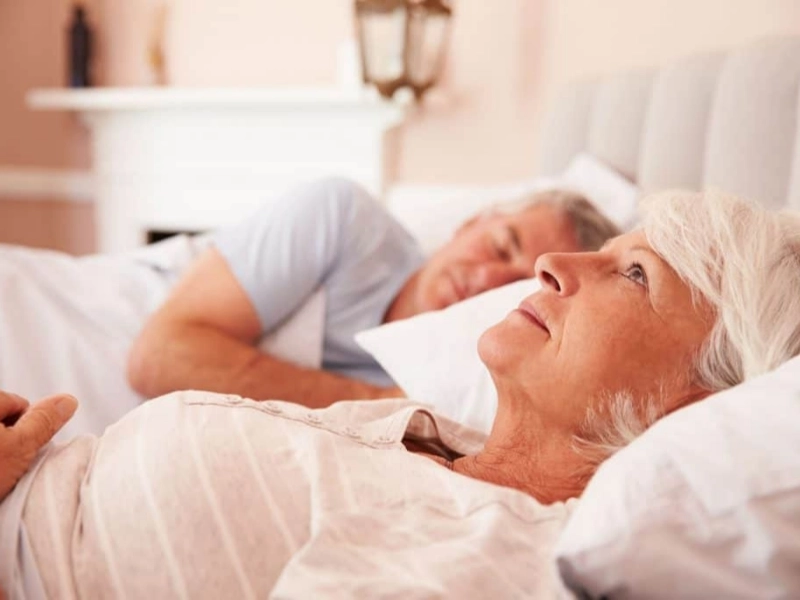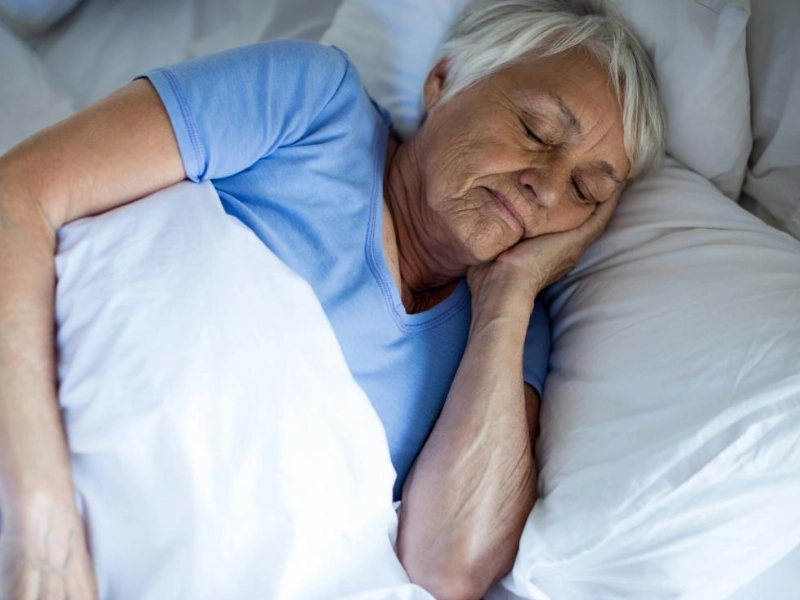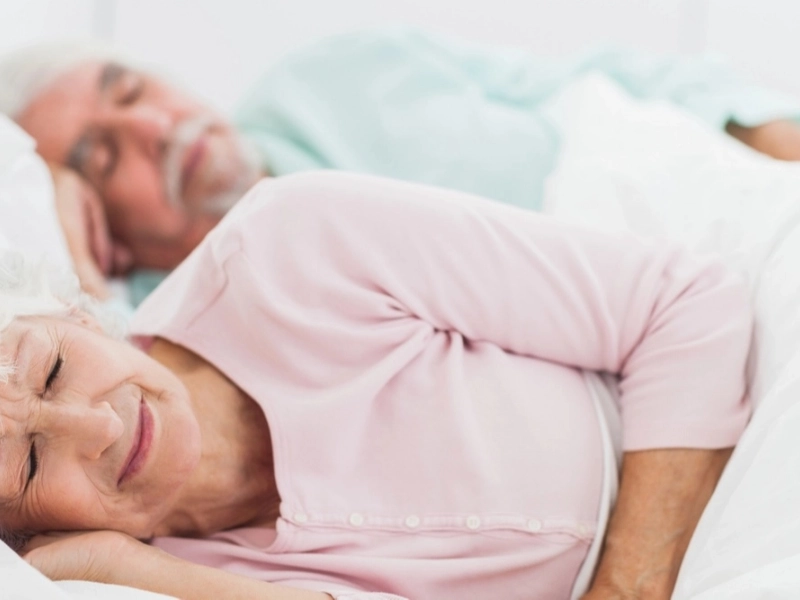Exercise

Regular exercise is an integral part of a healthy lifestyle and can also help elderly parents sleep better at night. Exercise can be done in various ways, such as running, cycling or yoga. Studies have shown that exercise improves sleep for older adults who suffer from sleep problems such as insomnia. Additionally, it is known to lift moods and promote mental well-being.
Avoid electronics before bed

Limiting screen time is an effective way to improve the quality of your sleep. To do this, set a consistent “screens off” time and keep all electronics out of your bedroom. Avoiding devices at night can help you fall asleep faster and stay asleep longer. Studies have indicated that people who use their phones before bed take longer to reach deeper levels of rest, as well as being more likely to wake up during the night.
Avoid caffeine

If your elderly loved one drinks coffee, they may experience sleep disturbances due to caffeine withdrawal. Caffeine has various side effects including increased blood pressure, heart rate, and urine flow. It is especially important for older loved ones to limit their caffeine consumption if they have a medical condition or take medications with caffeine in them.
Avoid medications

Older adults with multiple medical conditions may find it difficult to keep track of all their medications. Even if they manage their medications correctly, the risks associated with medication errors remain very real.
Avoid pain

Aging can cause physical problems such as bone and joint disorders, arthritis and more. These conditions can also impact the mind, making it more difficult to sleep.









